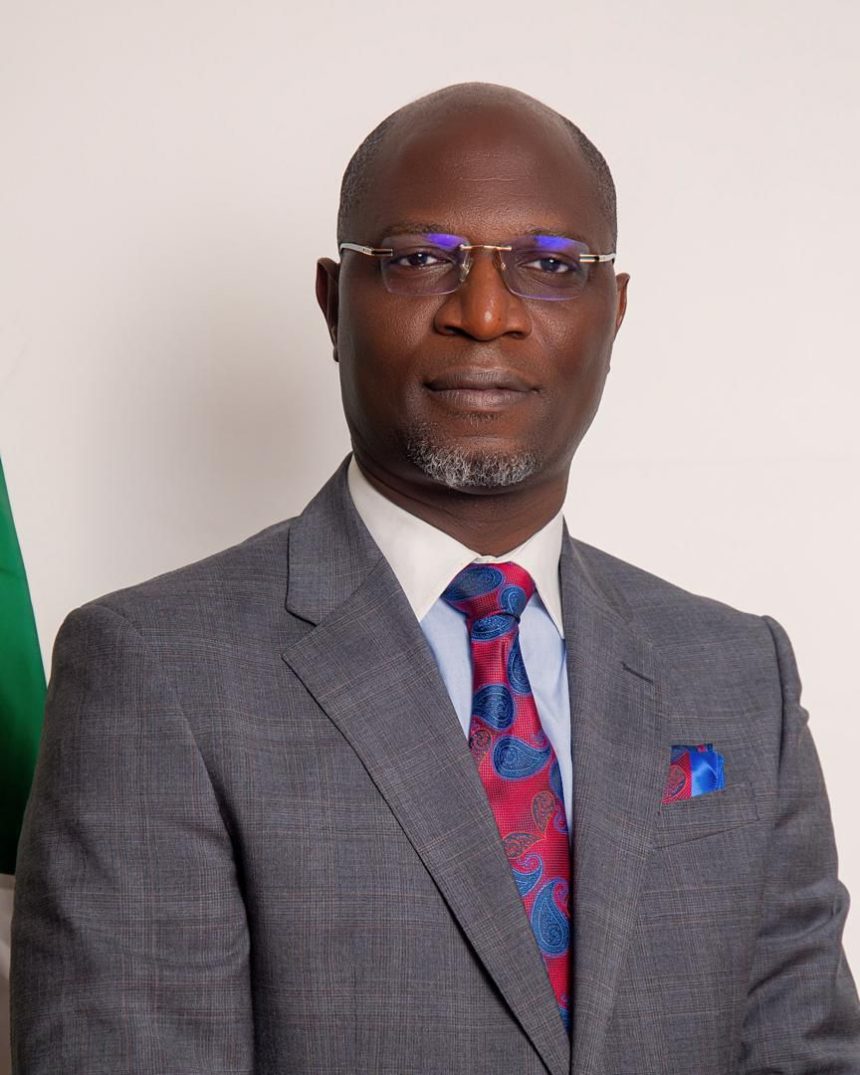SEC Boss Laments Low Investor Trust as Nigerians Channel $50bn into Crypto
By Patience Ikpeme
Nigeria’s traditional capital market is struggling to attract domestic investment despite an existing appetite for risk among citizens, with over $50 billion worth of cryptocurrency transactions flowing through the country between July 2023 and June 2024, the Securities and Exchange Commission (SEC) has revealed.
The Director-General of the SEC, Dr. Emomotimi Agama, disclosed the figure in a lead paper presented at the annual conference of the Chartered Institute of Stockbrokers. He raised concern over the alarmingly low participation of Nigerians in the traditional capital market, stating that fewer than four percent of the country’s adult population are active investors.
He described the low participation rate as a major impediment to economic growth and capital formation, noting that while fewer than three million Nigerians invest in the capital market, more than 60 million engage daily in gambling activities, spending an estimated $5.5 million every day.
Dr. Agama observed: “This reveals a paradox, an appetite for risk clearly exists, but not the trust or access to channel that energy into productive investment.”
He also drew attention to the shallow nature of the Nigerian market, pointing out that the country’s market capitalization-to-GDP ratio stands at about 30 percent. This figure, he said, falls far below that of peers like South Africa’s 320 percent, Malaysia’s 123 percent, and India’s 92 percent, a disparity that highlights the urgent need to deepen financial inclusion and rebuild investor confidence.
Dr. Agama recalled the vision of the ten-year Capital Market Masterplan (CMMP) launched in 2015, which was designed to reposition Nigeria’s capital market as the engine of economic transformation by mobilizing long-term finance for infrastructure and enterprise development.
“Today, as we stand at the sunset of that ten-year plan, our task is not ceremonial; it is reflective and diagnostic. We must ask: what did we achieve, where did we fall short, and what lessons must anchor our next decade of reforms?” he stated.
He disclosed that less than half of the 108 initiatives under the CMMP were fully achieved. He attributed the shortfall to limited alignment with national development plans, inadequate tracking metrics, and weak stakeholder ownership.
Despite progress in areas such as Green Bonds, Sukuk, fintech integration, and non-interest finance, he said market liquidity remains concentrated in a few large-cap stocks like Airtel Africa, Dangote Cement, and MTN Nigeria.
The SEC Director-General listed six key challenges for the next phase of reforms: low retail participation, market concentration, falling foreign inflows, underutilized pension assets, untapped diaspora capital, and a widening infrastructure financing gap.
“Nigeria’s $150 billion annual infrastructure deficit far exceeds the market’s contribution, with only N1.5 trillion approved in PPP bonds. This shows a misalignment between financial innovation and national priorities,” he observed.
The DG called for a “reimagined SEC” that serves as both regulator and enabler of private-sector-driven growth, adding that the next decade must focus on trust-building, transparency, and inclusion.
He declared: “Vision without execution is inertia — and reform without measurement is aspiration without accountability.”




